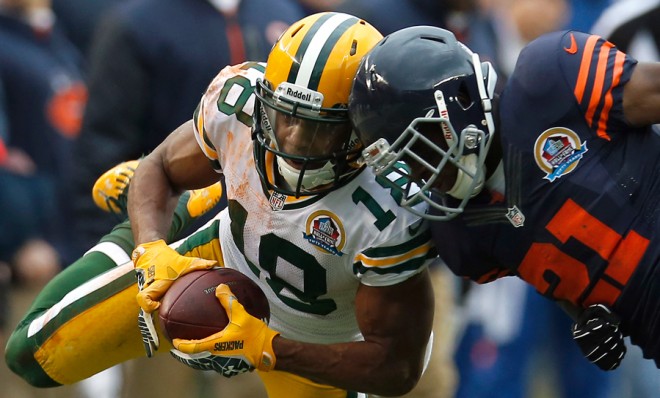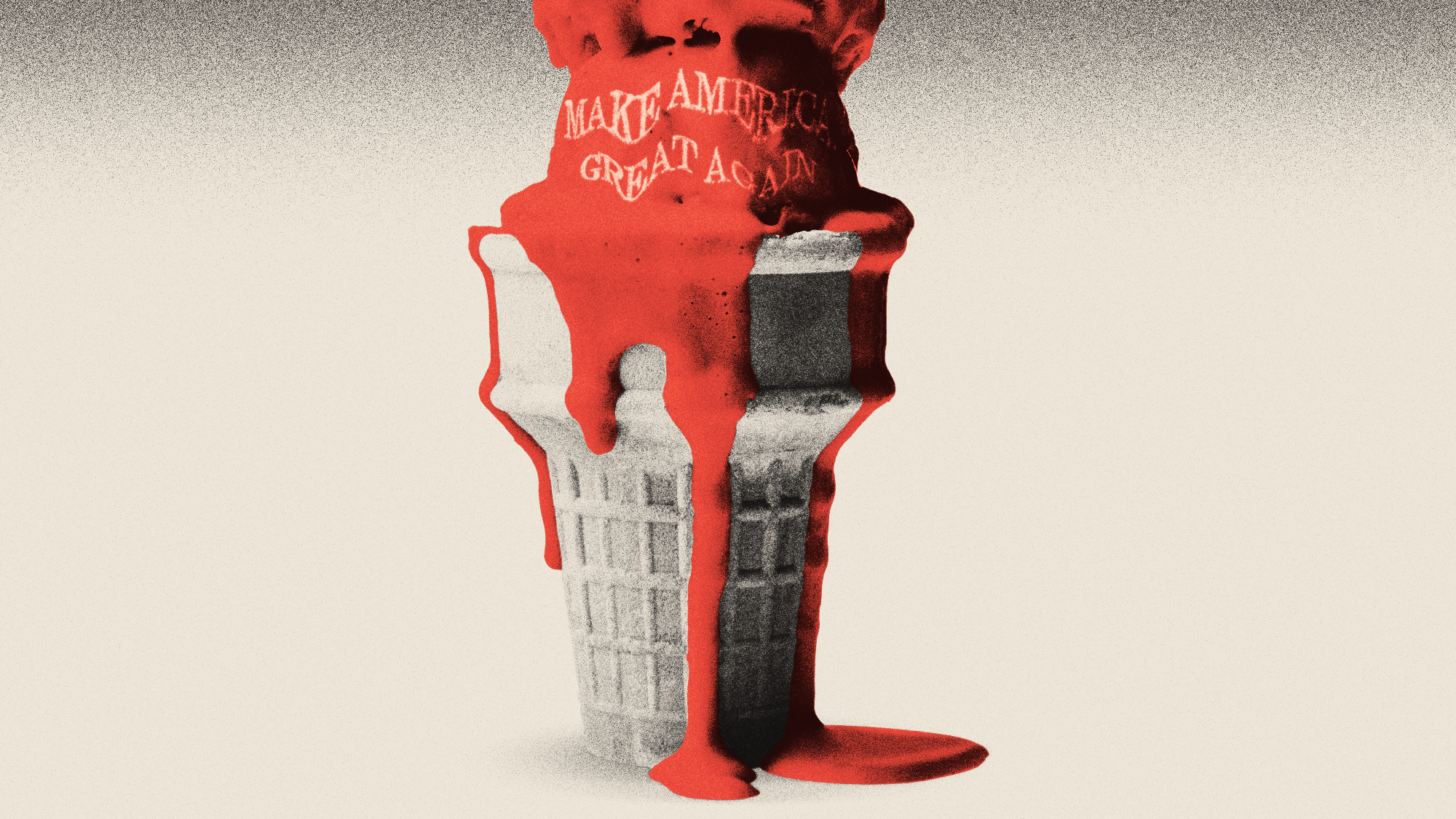NFL settles its concussion lawsuit for less than a tenth of its annual revenue
For $765 million, the league will end a sprawling lawsuit while not admitting any liability


The National Football League on Thursday reached a $765 million settlement to end the massive head trauma lawsuit brought against it by more than 4,500 former players.
The settlement was reached in a mediation process ordered by a federal judge, who must still approve it. Under the terms of the agreement, the league would pay out $675 million to former players with lasting cognitive impairments, $75 million for medial exams, and $10 million for head trauma research and education.
"This agreement lets us help those who need it most and continue our work to make the game safer for current and future players," NFL Executive Vice President Jeffrey Pash said in a statement.
The Week
Escape your echo chamber. Get the facts behind the news, plus analysis from multiple perspectives.

Sign up for The Week's Free Newsletters
From our morning news briefing to a weekly Good News Newsletter, get the best of The Week delivered directly to your inbox.
From our morning news briefing to a weekly Good News Newsletter, get the best of The Week delivered directly to your inbox.
The settlement is a huge win for the NFL, which has come under fire in recent years for its handling of brain trauma. Thousands of former players have come forward with lasting ailments, while others have died or committed suicide. Some of the plaintiffs in the suit, including Junior Seau and Ray Easterling — a lead plaintiff in several suits against the NFL — committed suicide and were later found to have had a degenerative brain disease known as chronic traumatic encephalopathy, or C.T.E.
Plaintiffs in the suit had alleged that the league ignored or covered up links between head trauma sustained from football and severe, lasting cognitive problems. By settling, the league avoided a lengthy investigation that would have forced it to reveal what it knew and when about brain injuries — a potentially embarrassing PR debacle.
More than that, the deal does not require the NFL to admit any link between football and brain trauma, nor acknowledge that it tried to hide such a link:
The settlement does not represent, and cannot be considered, an admission by the NFL of liability, or an admission that plaintiffs’ injuries were caused by football. Nor is it an acknowledgement by the plaintiffs of any deficiency in their case. Instead, it represents a decision by both sides to compromise their claims and defenses, and to devote their resources to benefit retired players and their families, rather than litigate these cases. [NFL]
The size of the settlement also worked out in the NFL's favor, since it was speculated further litigation could have cost the league as much as $2.5 billion.
A free daily email with the biggest news stories of the day – and the best features from TheWeek.com
Though $765 million may seem like a sizable sum, it's far less impressive when compared against the league's stellar finances.
The NFL is the most profitable sports league in the world, with estimated annual revenue just over $9 billion. The Oakland Raiders, the least-valuable football team in the NFL, are worth more than the entire settlement, with an estimated value of $825 million, per Forbes.
The NFL's revenue is only expected to grow, too — Commissioner Roger Goodell has said he wants revenues to hit $25 million by 2027 — thanks in large part to some incredibly lucrative TV contracts. ESPN pays the NFL $1.9 billion per year just to air Monday Night Football, a sum more than twice that of the entire settlement.
And despite the league's assertion that it is committed to making the game safer, only $10 million from the settlement — or roughly 0.1 percent of the NFL's annual revenue — will go toward concussion research and education.
Last week, ESPN pulled out of a joint investigative project addressing head trauma in the NFL with PBS' venerable Frontline program. Though the network claimed the decision was over editorial control, the New York Times reported that the decision came after a "combative meeting" between ESPN and NFL brass in which the league "conveyed their displeasure" with the investigative report.
Jon Terbush is an associate editor at TheWeek.com covering politics, sports, and other things he finds interesting. He has previously written for Talking Points Memo, Raw Story, and Business Insider.
-
 Metaverse: Zuckerberg quits his virtual obsession
Metaverse: Zuckerberg quits his virtual obsessionFeature The tech mogul’s vision for virtual worlds inhabited by millions of users was clearly a flop
-
 Frank Gehry: the architect who made buildings flow like water
Frank Gehry: the architect who made buildings flow like waterFeature The revered building master died at the age of 96
-
 Is MAGA melting down?
Is MAGA melting down?Today's Big Question Candace Owens, Tucker Carlson, Laura Loomer and more are feuding
